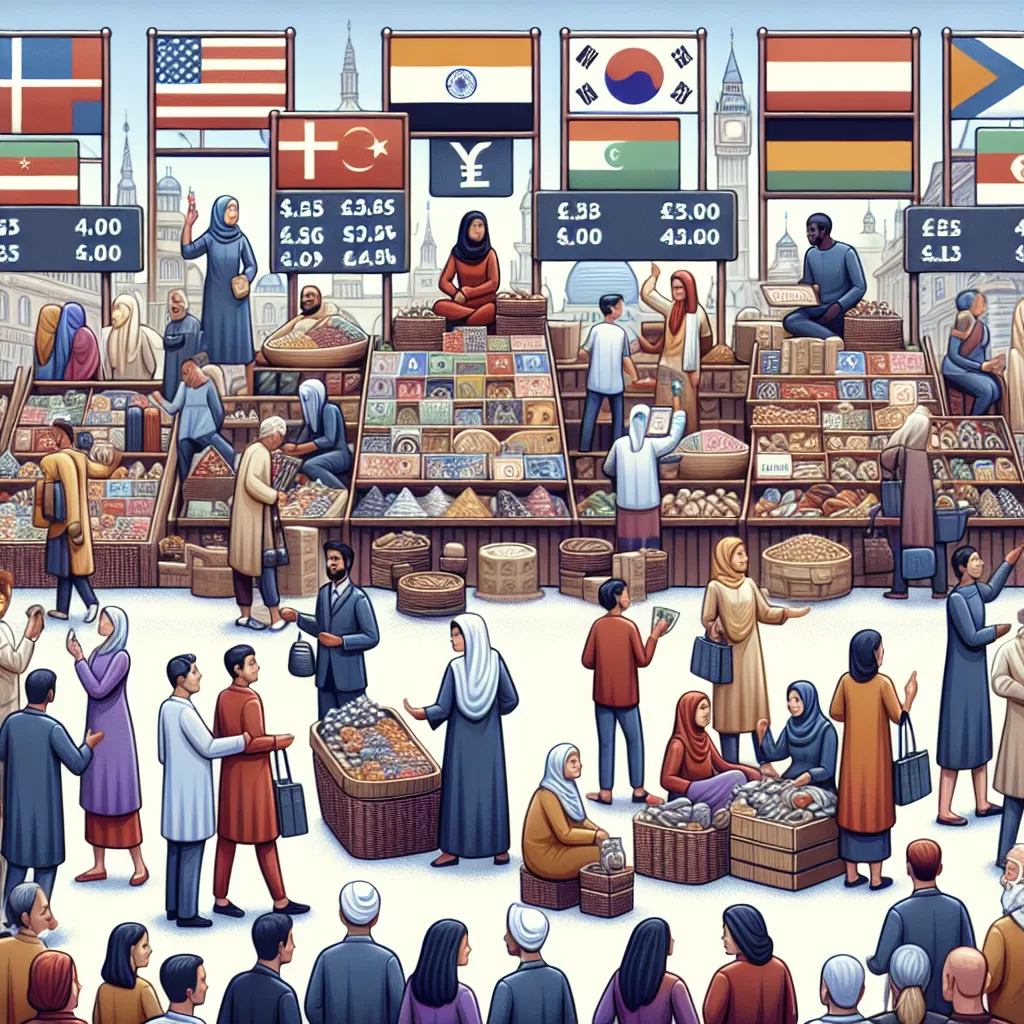What Are Currency Exchange Rates
Follow Currency Mart April 10, 2024
Where to purchase Foreign Currencies?

Introduction
As the Guardian of currency exchange, undeniably, currency exchange rates serve an indispensable role in the global economy. Whether you are an investor, a traveler, a business owner, or simply an economics enthusiast, understanding the concept of currency exchange rates is a fundamental requirement.Understanding Currency Exchange Rates
The concept of currency exchange rate refers to the value of a country's currency compared to another country's currency. It is determined by various factors such as trade levels, inflation, interest rates, political stability, and economic performance among others. Exchange rates fluctuate constantly throughout each trading day as currencies are traded on international markets.Types of Currency Exchange Rates
There are two types of exchange rates: flexible (or floating) and fixed. Flexible exchange rates are rates that are allowed to fluctuate against other currencies due to market forces of supply and demand. Examples include the Canadian Dollar (CAD), the US Dollar (USD), and the Euro (EUR). On the other hand, fixed exchange rates are rates that a central bank maintains against a specific value or currency, such as gold or the USD. The central bank provides the currency and demands foreign exchange reserves to uphold the fixed rate.How Currency Exchange Rates Affect Economies
Currency exchange rates play a pivotal role in a country's level of trade, which is critical to most free market economies globally. Thus, stirring their macroeconomic conditions. For instance, when a country's currency is strong (high exchange rate), its goods and services become more expensive for other countries. This situation can reduce their balance of trade. When a country's currency is weak (low exchange rate), its goods and services become cheaper, potentially increasing exports and improving the balance of trade.Importance of Currency Exchange Rates for Businesses and Travelers
Businesses and individuals participate in the currency market for various reasons. International businesses must conduct foreign exchange to pay for goods or services they receive from abroad. Similarly, they must exchange currencies when they sell products internationally to convert the proceeds back into their home currency. For travelers, currency exchange rates are critical in determining how much their home currency can buy in another country. If the domestic currency is strong, travelers will find that their money goes further in countries with weaker currencies.Conclusion
Currency exchange rates remain among many crucial factors driving the world's economic landscape. Understanding their fluctuation factors and impacts can offer a valuable lens for assessing global economic health. As the Guardian of currency exchange, it's my role to help navigate the complex world of foreign exchange for those who seek to understand more.
Where to purchase Foreign Currencies?